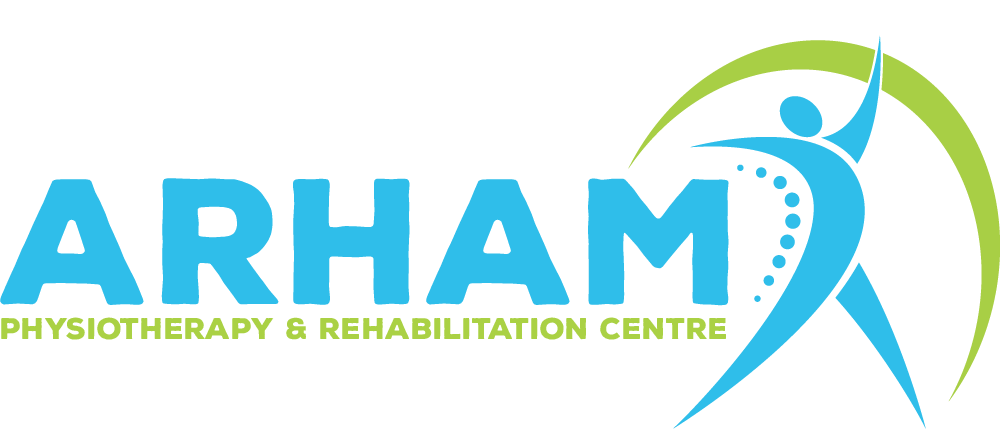Frozen shoulder Surgery: Is It necessary? What to Consider?
Shoulder pain and stiffness can be debilitating, affecting one’s ability to perform everyday tasks and even disrupting sleep. When the shoulder joint becomes painful and rigid, it is known as frozen shoulder or adhesive capsulitis. While it often improves with time and physical therapy, some cases may require surgical intervention. But how do you know if surgery is necessary? What factors should you consider before opting for frozen shoulder surgery? Let’s delve into these questions to help you make an informed decision.
Understanding Frozen Shoulder:
Before discussing surgery, it’s crucial to understand what a frozen shoulder entails. As the capsule around the shoulder joint swells and tightens, it causes pain and limits movement, a condition known as frozen shoulder. Although the precise reason is a mystery, risk factors include injury, surgery, diabetes, or extended periods of inactivity.
Symptoms typically progress through three stages:
- Freezing Stage:(B) Soreness and stiffness that develops slowly yet steadily.
- Frozen stage:(B) Stiffness persists, but pain may decrease.
- Thawing stage:(B) Enhancement of mobility throughout time.
Non-surgical treatments:
In many cases, frozen shoulder improves with conservative treatments such as:
Physical therapy: Shoulder mobility can be improved with the use of strengthening and stretching activities.
Medications: Nonsteroidal anti-inflammatory drugs(NSAIDs) or corticosteroid injections may alleviate pain and inflammation.
Heat and Cold Therapy: Heat or cold packs can temporarily relieve stress.
Joint Mobilization Techniques: Manual manipulation by a qualified therapist can help loosen the joint.
Is Surgery Necessary?
After trying non-invasive methods without success and the symptoms of frozen shoulder continuing for a long time, the surgeon may recommend surgery. However, it’s essential to weigh the following factors before opting for surgery:
Severity of Symptoms: Surgery may be warranted if pain and stiffness significantly impair daily activities and quality of life.
Duration of Symptoms: Frozen shoulder can last from months to years. If symptoms persist despite conservative measures for an extended period, surgery might be considered.
Underlying Conditions: Individuals with diabetes or other medical conditions may have a higher risk of prolonged frozen shoulder. Surgery may be recommended earlier in such cases.
Patient Preference: Some individuals may prefer to explore surgical options sooner to expedite recovery and regain mobility.
Types of Surgical Interventions:
Several surgical procedures may be performed for a frozen shoulder, including:
Forceful manipulation of the shoulder joint under the patient’s anesthesia is known as Manipulation Under Anesthesia (MUA), and its purpose is to increase mobility by breaking up scar tissue.
Arthroscopic Capsular Release: A minimally invasive procedure where the surgeon cuts through the tightened capsule to improve mobility.
Open Capsular Release: Involves surgically cutting through the capsule, providing better access to the joint.
FAQS:
Que: How long does frozen shoulder surgery take to recover from?
Ans: Recovery time can vary depending on the type of surgery performed and individual factors. Generally, patients may start physical therapy shortly after surgery and gradually regain shoulder mobility over several weeks to months.
Que: Is frozen shoulder surgery painful?
Ans: Pain levels can vary, but pain medication and physical therapy typically manage discomfort after surgery. The pain level experienced during recovery may also depend on individual pain tolerance and the specific surgical procedure performed.
Que: What are the risks associated with frozen shoulder surgery?
Ans: Like any surgical procedure, frozen shoulder surgery carries risks such as infection, bleeding, nerve injury, and stiffness. However, complications are rare, and Prior to your operation, you and your surgeon will go over the advantages and dangers.
Que: Can a frozen shoulder return after surgery?
Ans: While frozen shoulder surgery aims to improve shoulder mobility and reduce symptoms, recurrence is possible, mainly if underlying conditions are not addressed. Following post-operative rehabilitation and adopting a healthy lifestyle can help minimize the risk of recurrence.
Que: Are there alternatives to surgery for treating a frozen shoulder?
Ans: Yes, several non-surgical treatments, including physical therapy, medications, and joint mobilization techniques, can help alleviate symptoms and improve shoulder mobility. When non-invasive treatments have not alleviated symptoms, surgical options are often sought..
Que: How successful is frozen shoulder surgery?
Ans: The severity of the problem, the type of surgery done, and the patient’s adherence to post-operative therapy are some of the factors that affect the success rates for frozen shoulder surgery. In general, the majority of patients experience significant improvement in shoulder mobility and reduction in pain following surgery.
Que: What should I expect during the recovery period after frozen shoulder surgery?
Ans: Symptoms such as shoulder pain, edema, and stiffness are common during the healing process. Physical therapy will be crucial in restoring range of motion and strengthening the shoulder muscles. Following the rehabilitation program, your surgeon prescribes to optimize recovery outcomes is essential.
Conclusion:
Frozen shoulder surgery is viable for individuals who fail to find relief through conservative treatments. However, it’s crucial to consider the severity and duration of symptoms, underlying medical conditions, and personal preferences before opting for surgery. Consulting with a qualified orthopaedic surgeon is essential to discuss the best course of action tailored to your needs. Keep in mind that procedures like this are typically necessary for effective treatment, physical therapy, and lifestyle modifications to achieve optimal outcomes and regain shoulder function.
